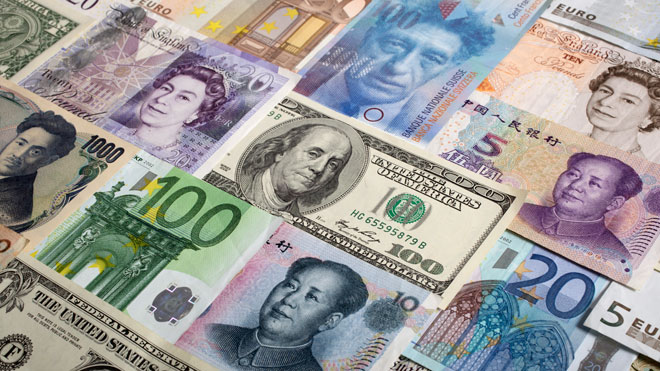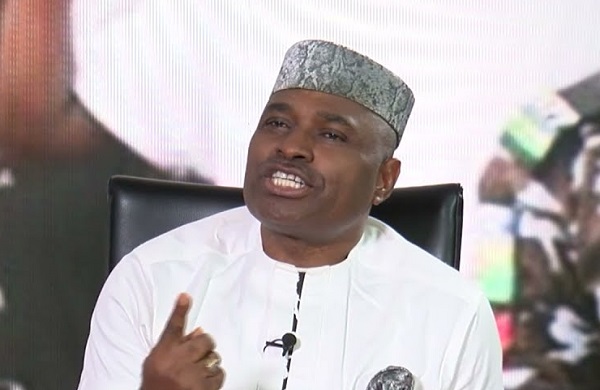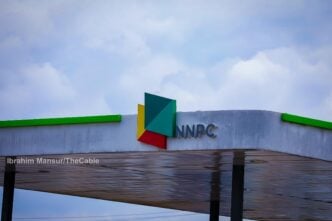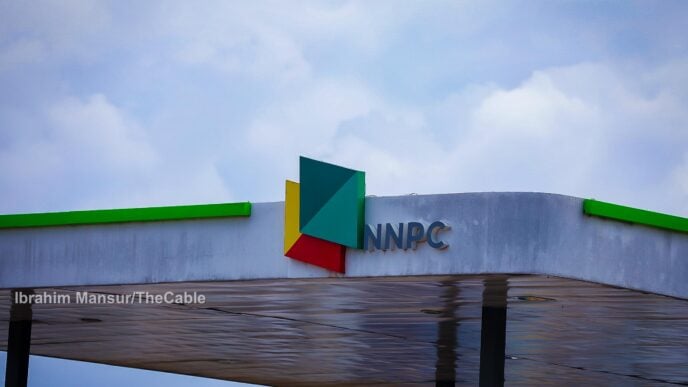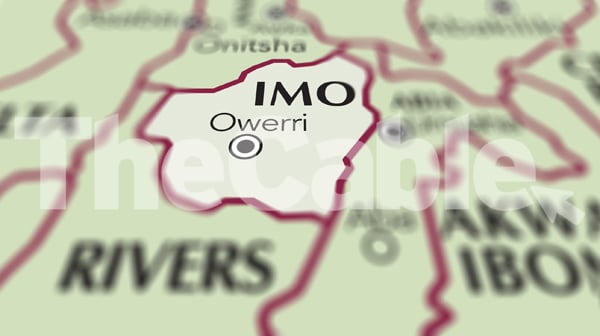On October 31, the federal government launched an amnesty initiative to allow individuals to deposit foreign currencies into banks without penalties or taxes — provided the funds are not proceeds of crime.
The programme is called the ‘Disclosure Scheme’, according to the ministry of finance.
In a statement, the ministry said the scheme would span nine months and is designed to enhance transparency in the financial sector and boost Nigeria’s economic resilience, growth, and development.
Wale Edun, minister of finance and coordinating minister of the economy, said the initiative would enhance financial security and contribute positively to the economy by increasing reserves and stabilising exchange rates.
Advertisement
TheCable highlights the major things to know about the new policy.
WHO CAN PARTICIPATE IN THE SCHEME?
To participate in the scheme, the federal government said all Nigerians holding legitimately earned internationally tradable foreign currency are eligible.
Advertisement
The finance ministry also said participation is voluntary and candidates must own domiciliary accounts.
“The scheme is based on voluntary disclosure by eligible participants,” the statement reads.
“Participants are required to maintain a domiciliary account with participating financial institutions, with deposited or repatriated funds held in a sub-account specifically designated for depositing foreign currency disclosed under the Scheme.”
WHICH FINANCIAL INSTITUTIONS ARE INVOLVED?
Advertisement
According to the ministry of finance, all deposit money banks (DMBs) regulated by the CBN will act as participating financial institutions. The banks will be responsible for processing applications, maintaining designated accounts, and ensuring compliance with the scheme’s guidelines.
The participating financial institutions are also expected to comply with Nigeria’s anti-money laundering measures.
“In implementing the Scheme, participating financial Institutions must fully comply with existing anti-money laundering (AML)/ countering the financing of terrorism (CFT)/ counter-proliferation Financing (CPF) requirements,” the ministry said.
“For the avoidance of doubt, the effective application of AML/CFT/CPF preventative measures is key to ensuring that the scheme is not used for money laundering or terrorism financing.”
Advertisement
FG’S COMMITMENTS, ASSURANCES
The federal government pledged that individuals participating in the scheme will get access to protection, “tax incentives and unrestricted repatriation”.
Advertisement
Specifically, participants will not be subjected to any tax audit, investigation, or liability regarding the disclosed amount of foreign currency.
The government also promised that “disclosed, deposited, repatriated, and invested foreign currency under the scheme” shall not be liable to any form of expropriation, seizure, or forfeiture.
Advertisement
“Participants can freely repatriate their foreign currency and any proceeds or accretions at the prevailing exchange rate, subject to the scheme’s guidelines,” the finance ministry said.
“Information provided by participants will be treated with utmost confidentiality in accordance with relevant laws.”
Advertisement
HOW TO APPLY FOR THE SCHEME
To participate in the disclosure scheme, the individual must maintain or open a domiciliary account with a participating financial institution.
Also, participants must complete an application form prescribed by the Central Bank of Nigeria (CBN) through the participating financial institution, providing the required details and undertakings.
After providing the necessary requirements, the participant can deposit or repatriate the disclosed foreign currency into the designated domiciliary account.
The ministry of finance encouraged individuals to contact their banks for additional details as the process may vary.
Add a comment
